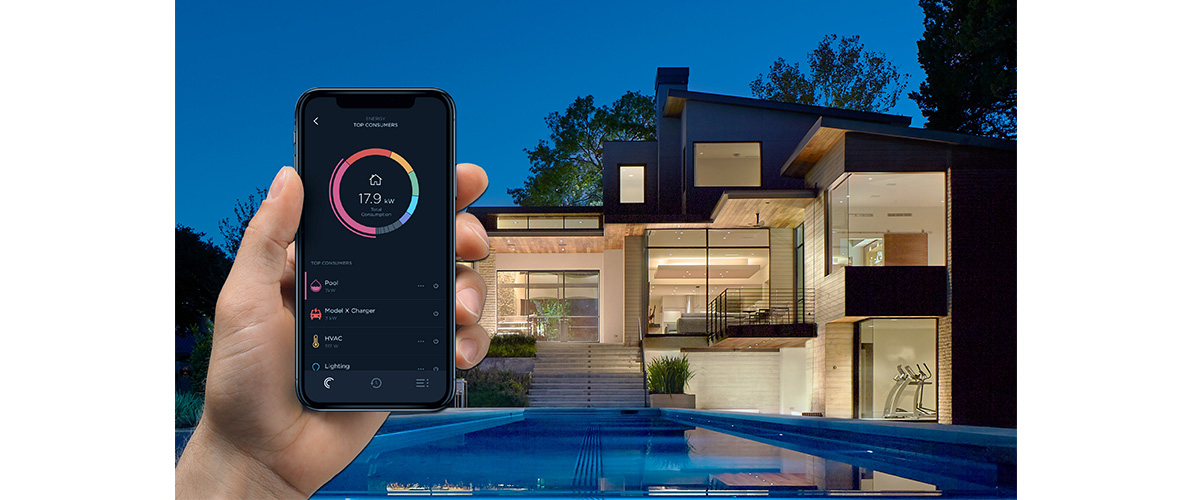
Top 3 Questions when Considering a Generator for Your Home
With Hurricane Ian in the mind of many people, we often get asked which is the best generator for a home. Of course, the answer is 'it depends,' but there are some considerations.
What matters most to you?
Think through what the critical systems in your home are and then pair the list back to 'must haves' and 'like to haves.' For instance, your refrigerator is probably more critical than a hair dryer and takes much less power. The list provided by whatsizebro.com may help. Add up all the essential systems, and you can quickly see that a home of any size may need over 10,000 watts to keep it running. A much larger home may require much more - which is why 'it depends.'
Creating a critical systems list is not something you can do in the panic before the storm hits - it will take planning and maybe even negotiations. If you can keep the list very short, installing and wiring a generator to support those systems can be easy. If the list is long (we have to have the PlayStation) and those devices are spread around the home, a whole-home approach may be needed.
Our advice is always to start with critical life and health systems, which may not include the PlayStation.
How do you manage?
Having decided on the critical systems, the issue becomes how you will integrate a generator into your home. Additional considerations may be managing the generator with battery storage and even solar. While Solar may not be of much use in a storm, it can work well daily to keep batteries charged. When the storm hits, it may be the first call for power.

With their Savant Power Solutions, a company like Savant has designed ways to integrate all these tools to make them easy to manage. Solutions like this can also reduce your dependency on the power grid and seamless power management during an unplanned grid outage. The Savant app also helps you monitor what power is used in your home and when. For variable rate power markets, this capability can have a significant advantage. This short video may give you more ideas.
What type?
Once you have decided you want a generator, getting the right one may depend on what management system you choose to integrate into your home. However, you have the choice of Dual Fuel Generators vs. Gas Generators.
Gas Generators (as in natural gas) are reliable and available everywhere in the world. But they may not be more viable because gasoline has a limited shelf life, and diesel can have environmental impacts.
Dual Fuel Generators use two types of fuels, typically gasoline and propane, to increase their run time. Depending on availability, you can use any of these, switch between fuels, and adjust the generator to your needs based on your situation. The propane comes in user-friendly containers that make them easy to store. If you run out of propane, you can always switch to gasoline and run the generator for several days.
So, picking the right type can be as much about where you live and what resources you have access to. If you have natural gas lines, a Gas Generator may make sense; if you don't, you will need another plan.
We can help
If you live in an area subject to power outages or want to use less power, companies like BRAVAS Atlanta can help you design and size the right system for your home. That is probably the best place to start. Once you know what you need to manage, we can work with you to ensure you have the right generator to support your needs.



